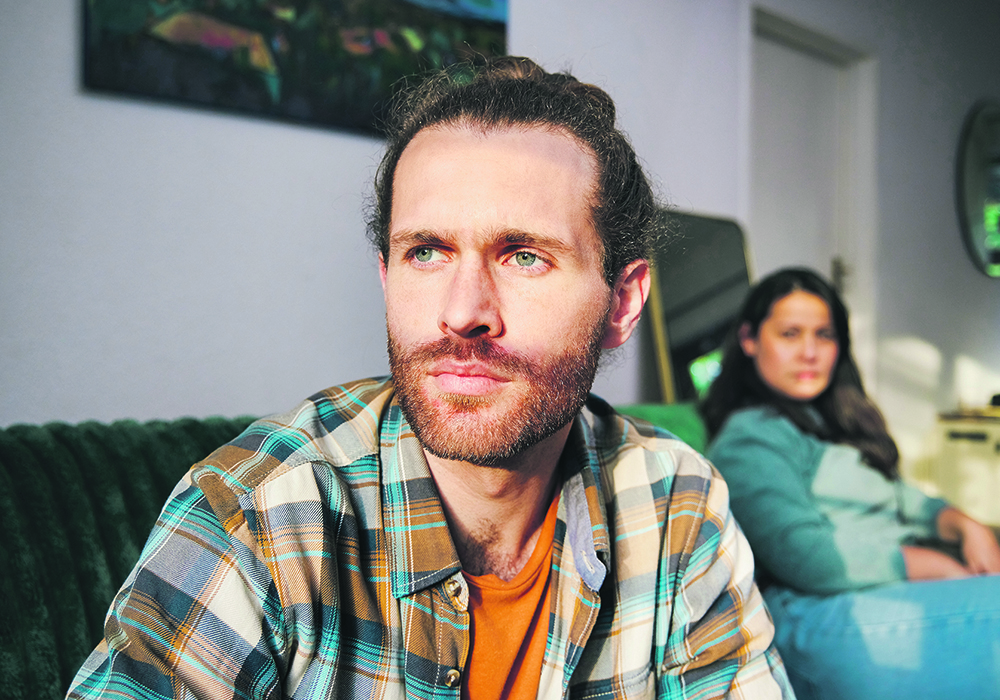Q: My wife thinks that I am pigheaded.
She is probably right but I like to think that I am just a little more cautious when it comes to new or different ideas than are most people, and that can make me hard-headed.
I do not easily change my mind. I would be OK with that, but as I look at our 17-year-old son, I see that same inflexibility in his decision-making process. I would rather that he did not do so.
Being inflexible has cost me. I lost my first wife to divorce because I would not listen to her when she started hinting that we should probably move into town. It turned out that she moved into town but without me.
Read Also

Students urged to consider veterinary medicine
Alberta government makes $86.5 million investment in University of Calgary to double capacity for its veterinary medicine program to address labour shortages in the field.
It also nearly cost me the farm because I would not join my neighbours in implementing no-till seeding.
At home, I generally say “no” whenever my current wife suggests anything that might mean a bit of a change around the house, with our kids or while shopping.
I would like to change. Where do I start?
A: I am not sure that anyone is really pigheaded or hardheaded or whatever you want to call yourself, but there is no question that some people adapt to change more readily than others.
Given that we are now in the age of technology and that many sacred cows have been changed, the odds for survival in the modern world with your “hard head” are not that great. All of us, including you and your son, must be flexible.
You might try to capture and deploy psychological energy. Being pigheaded means that you are to some extent lazy. I don’t mean physically lazy. I mean psychologically lazy. It is easier to fall back on old habits than it is to chase new information if you are going to be a little more adaptable. You might have to read some books, or attend some agricultural workshops, or maybe even just listen to neighbours.
It is not just listening, it is contemplating that which you are hearing, figuring out if it fits you or not, and showing your son that flexibility, in the final analysis, is the propensity to make decisions.
Each decision that you make reeks with emotion. We fall into hard-headedness by submitting to our fears. Change, no matter how big or small, means treading into the unknown. It is loaded with fear. If you do not acknowledge that fear and discipline yourself to challenge it, you will be pointing your son to a life of failures.
Sometimes our new ventures are successful, sometimes they aren’t. But always they are interesting and the more you get excited with your new decisions the less the fear of the unknown, of change, will haunt you.
Your final task is to show your son that you are open to the opinions, suggestions and experiences of your neighbours. Some of them will have good ideas, some won’t. Help your son differentiate the good, the bad and the ugly, to navigate his way through his social environment so that he can end up with great sources to help him make even better decisions and you will be doing him the favour of a lifetime. You will be doing it for yourself too and, who knows, maybe the next time you write a letter to me, it will be in quest of more energy to fill that exciting life you have found.
Jacklin Andrews is a family counsellor from Saskatchewan. Contact: jandrews@producer.com.















